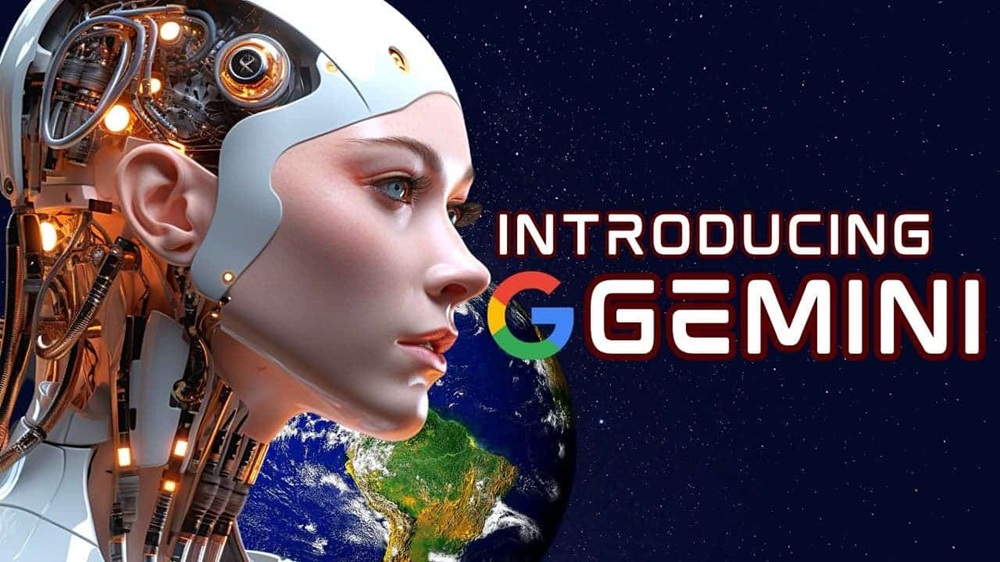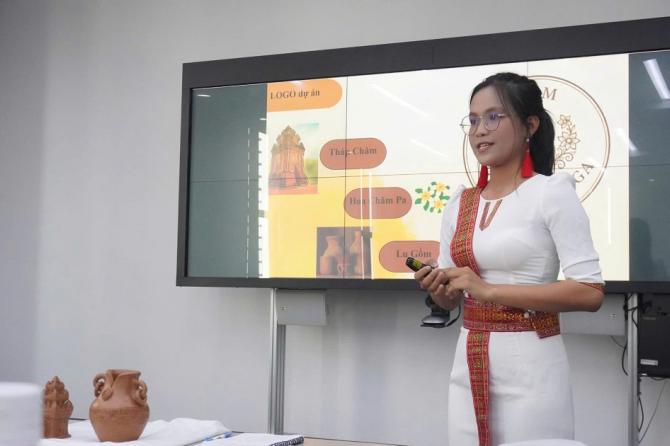Google launches a “major move”: Bringing Gemini into Chrome - Opening the AI browser era
Google has officially integrated the Gemini artificial intelligence model into the Chrome browser, transforming the familiar tool into a smart “AI assistant.” This is seen as a strategic turning point, ushering in a new era of the Internet.
On September 18, 2025, Google announced a series of new AI features for Chrome. According to Mike Torres – Vice President of Chrome Product, Gemini is built directly into the browser to help users get things done quickly while ensuring safe browsing.

Chrome enters the “AI age”
Gemini, Google’s flagship AI model, now not only exists on mobile apps or standalone services but becomes the new “heart” of Chrome. Users can:
- Summarize the content of a web page or video with just one click.
- Search and restore closed tabs, manage multiple windows more easily.
- Ask questions directly in the address bar (Omnibox) through AI Mode, with the ability to understand context across multiple tabs.
- Receive seamless support from familiar services such as Google Calendar, YouTube, and Maps.
This move transforms Chrome from a traditional browser into a personalized AI platform, accompanying users in all online tasks.
A strategic move after legal pressure
Before launching Gemini in Chrome, Google had faced an antitrust lawsuit in the U.S., even standing at risk of having to divest the browser. Although the final ruling did not force a divestiture, the pressure compelled Google to prove itself as a pioneer of innovation rather than a “monopolistic controller.”
Therefore, the launch of Gemini within Chrome is considered a strategic move: consolidating its number one position while sending the message that Google will lead the new era through innovation.
Users at the center
Users are the biggest beneficiaries of this change. For students, Chrome can summarize lengthy documents; for office workers, AI helps organize schedules; and for consumers, it enables searching, shopping, and comparing products directly within the browser.
However, Google also faces several challenges:
- Concerns about privacy when AI processes personal data.
- Technical limitations to ensure speed and accuracy within the browser.
- Competitive pressure from emerging AI browsers and other tech companies.
To address these, Google has announced it will provide data control options: users can enable/disable Gemini, delete activity history, and limit information access.
The future of AI browsers
According to the plan, Chrome with Gemini will first be rolled out in the U.S. in English, before expanding globally. In the longer term, Google aims to develop Chrome into an agentic AI - where AI not only answers but also proactively carries out a chain of tasks: booking flights, planning trips, and conducting transactions.
If successful, Chrome will not only maintain its leading position but also become the central platform of the new Internet era, where every user has a “virtual assistant” accompanying them in all online activities.
Sources:
- Forbes Vietnam. September 20, 2025. Google embeds artificial intelligence into Chrome browser.
- MSN News. September 23, 2025. Google makes a big move: Integrating Gemini into Chrome, opening the era of AI browsers.
- Tuoi Tre Online. September 23, 2025. Google makes a big move: Integrating Gemini into Chrome, opening the era of AI browsers.
- Google Blog. September 18, 2025. Go behind the browser with Chrome’s new AI features.




